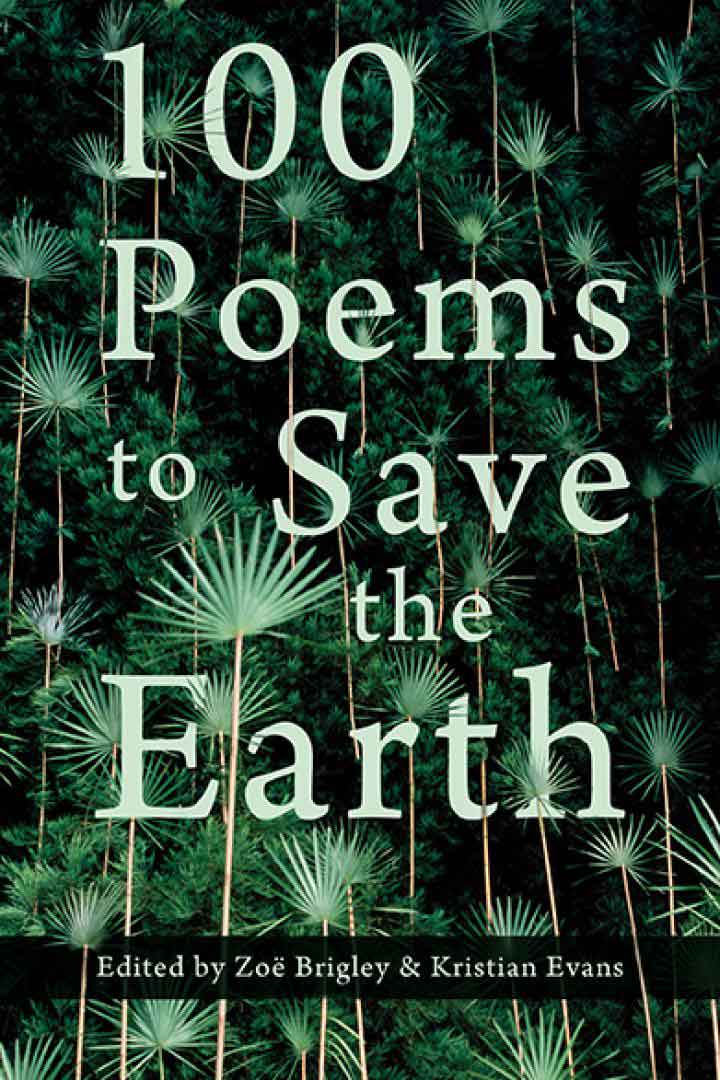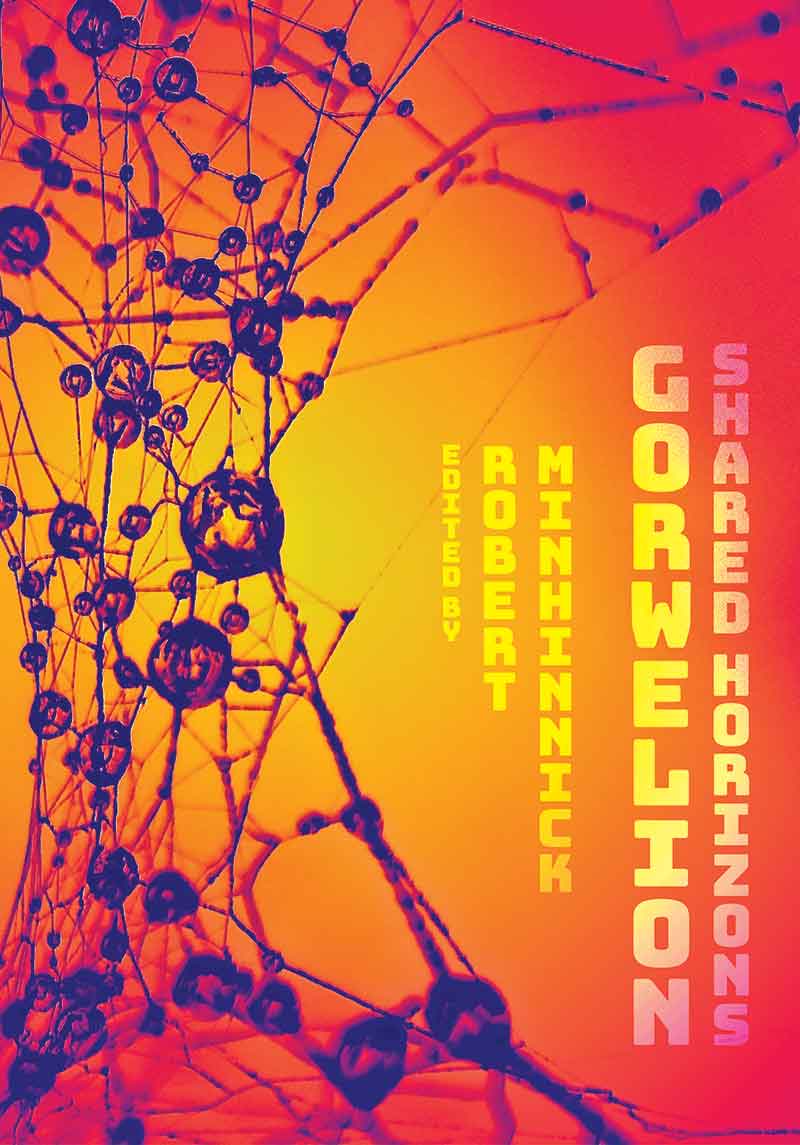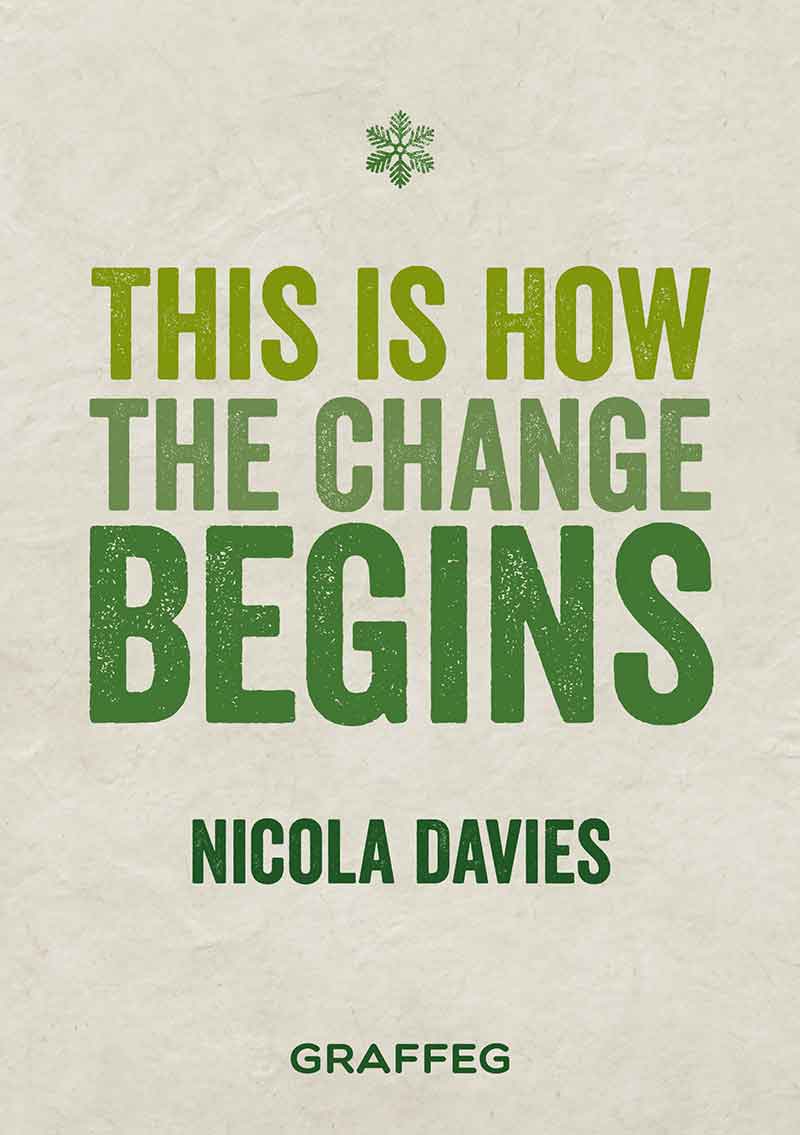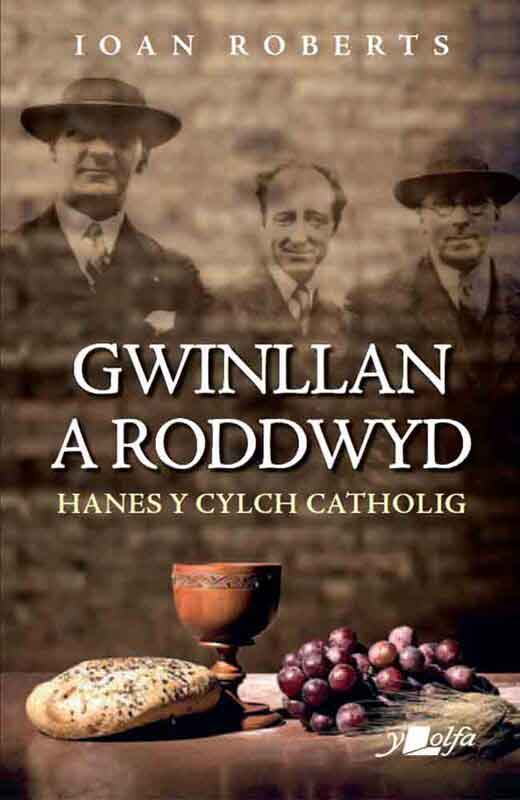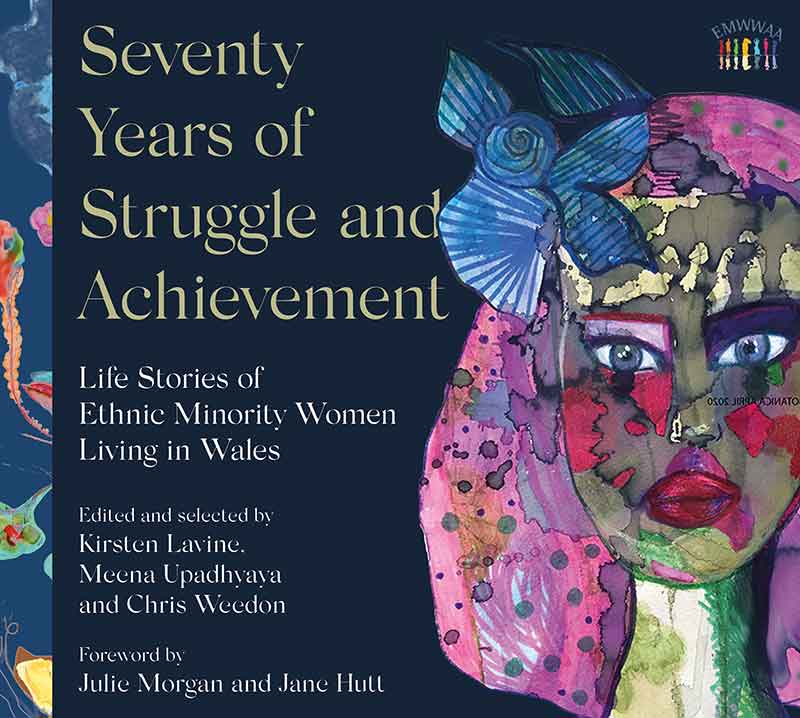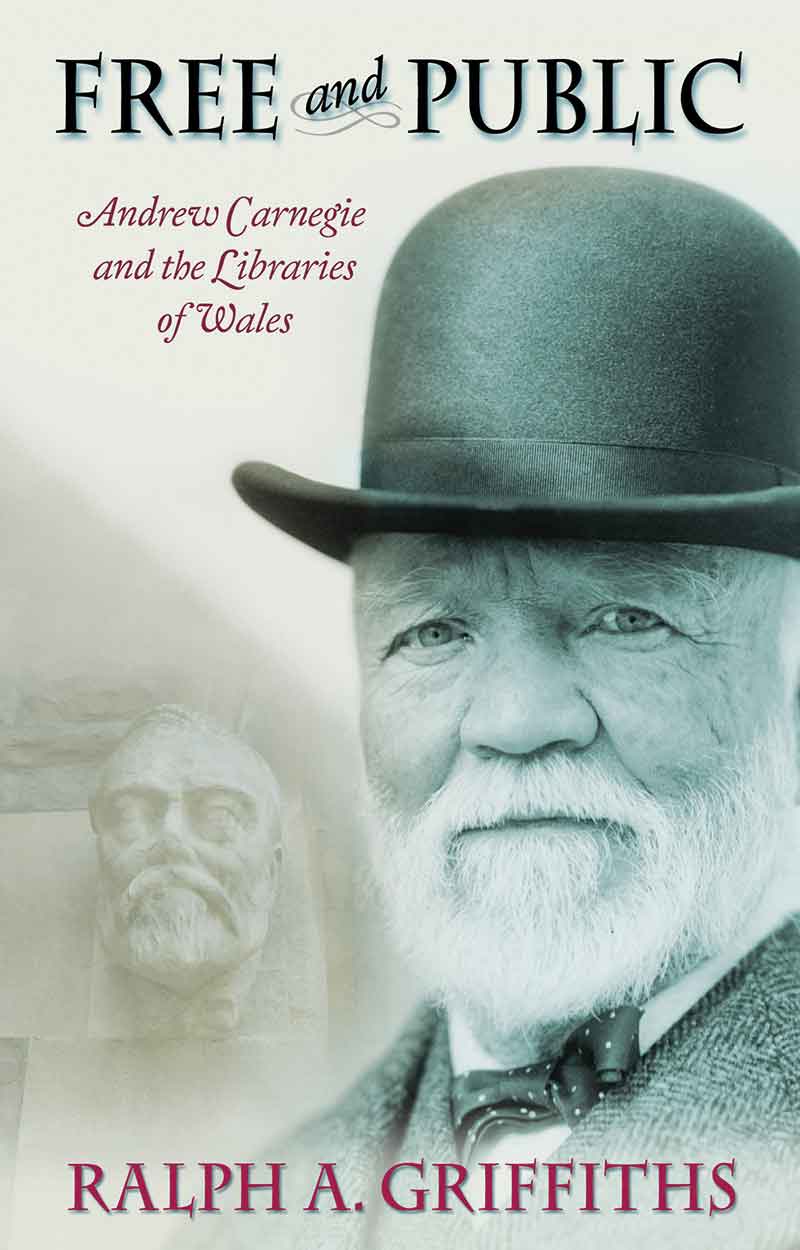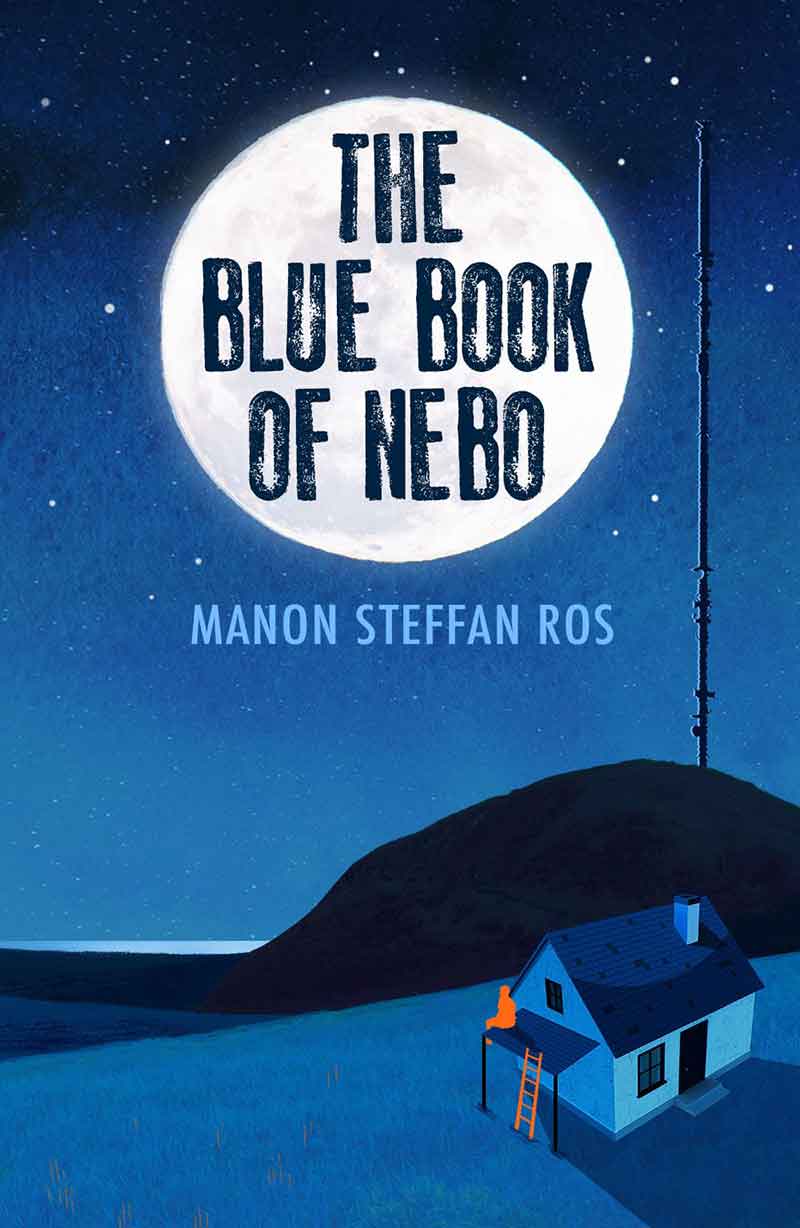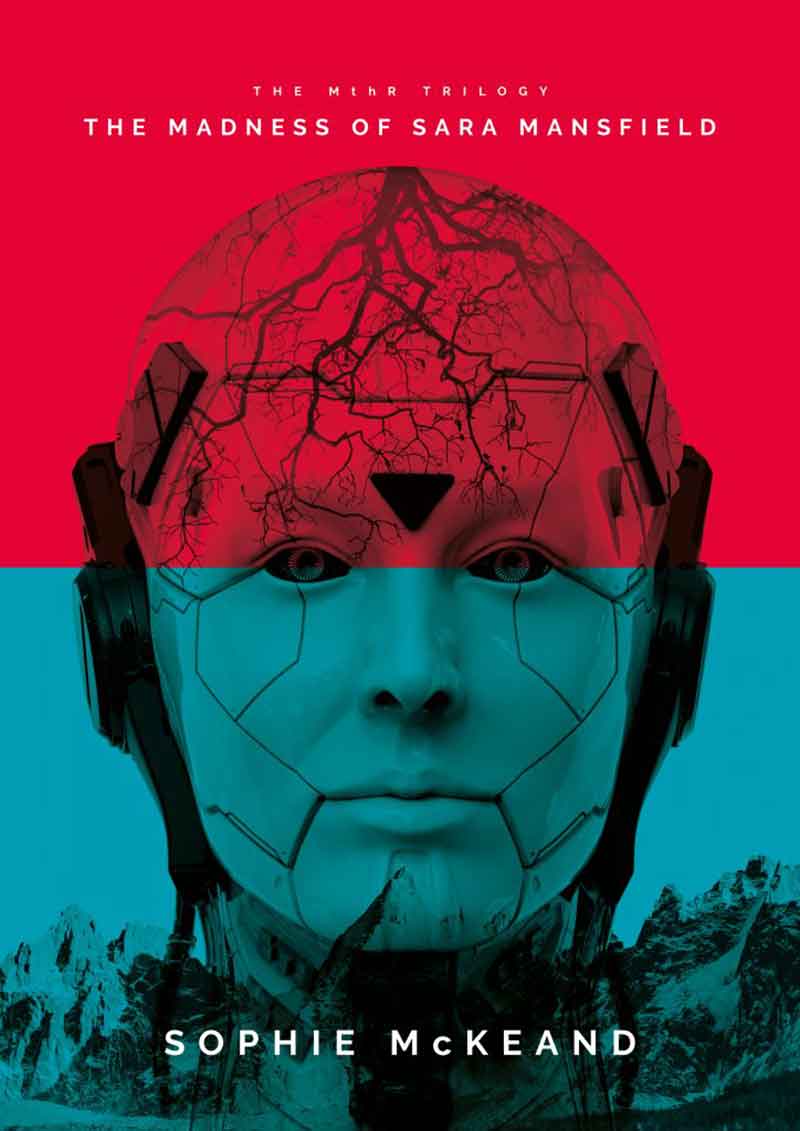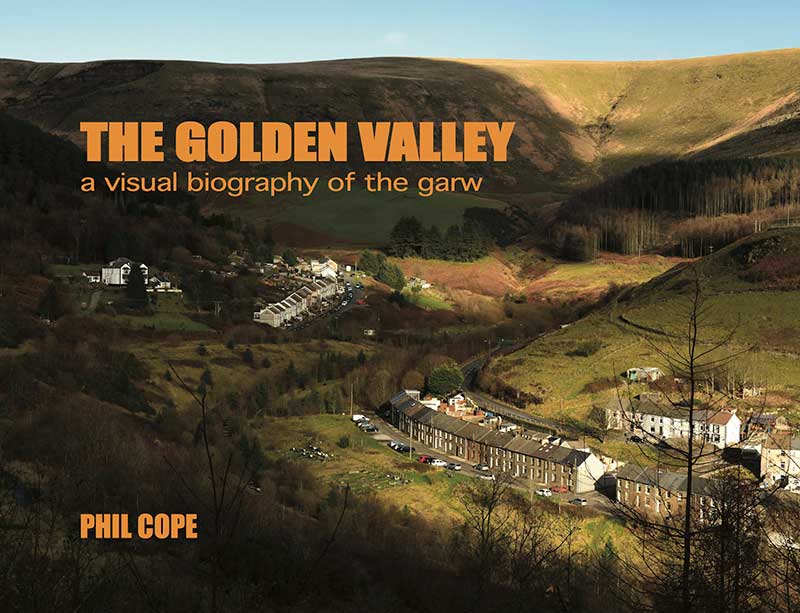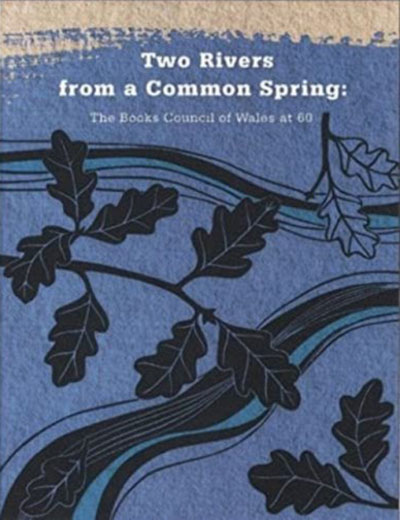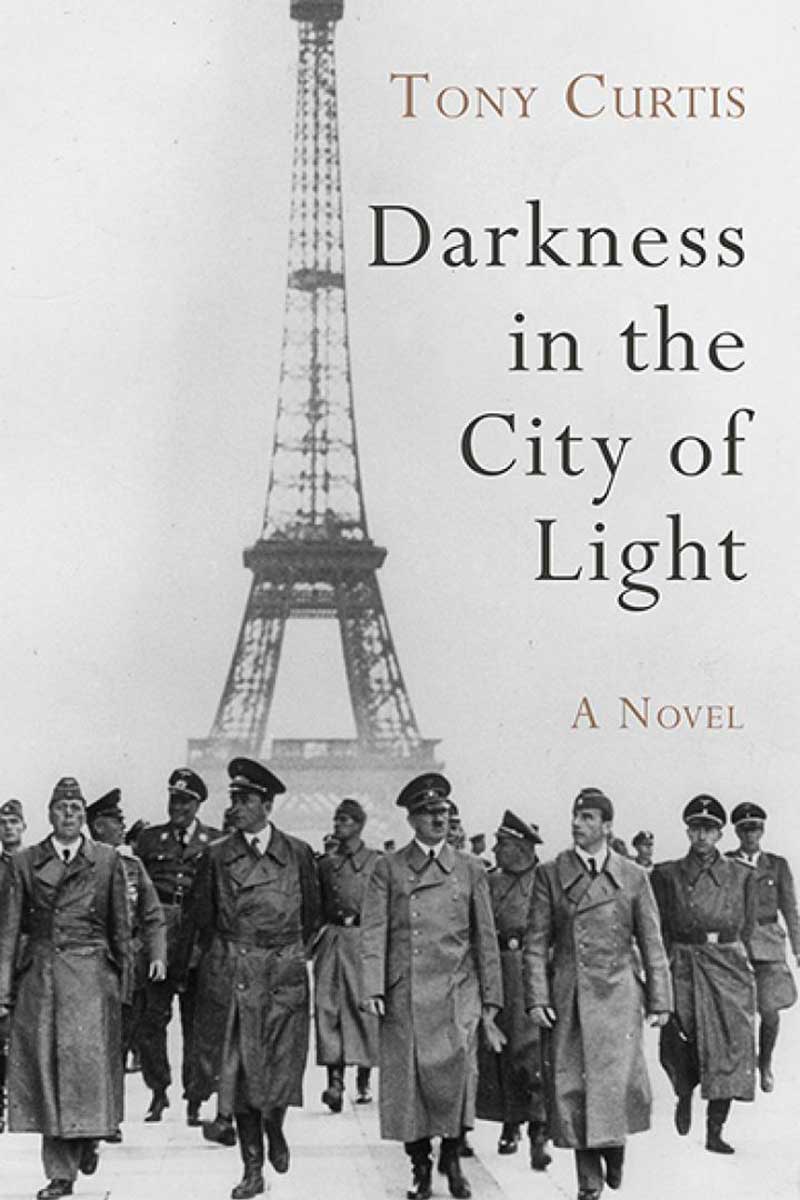Jenny Mathers draws on feminist security studies to shed light on militarisation and anti-militarisation within Russia, and what connects broad experiences of insecurity within society to war, arguing why the war in Ukraine is so dependent on the support of millions of ordinary Russians.
Read moreLucy Taylor argues why the myth of Prince Madog, and its obscuring of Indigenous loss, has new resonance in an era when Wales is confronting its complicity in colonialism; but that we need to look even deeper at the complex Welsh experience across the Atlantic as both oppressor and oppressed.
Read moreRobat Idris scrutinises the Welsh Government’s International Strategy, whose launch was overshadowed by the pandemic, and argues that its under-examined 2020-2025 Action Plans are ripe for satire, and contain contradictions that critically undermine the government’s supposedly progressive image.
Read moreAmbreena Manji gives a bigger perspective on corporate afforestation of west Wales, discussing this in relation to neoliberal, neo-colonial processes of land-grabbing worldwide, and joint European-African peasant group campaigns against these practices. How can land be centred as a public good?
Read moreOur Welsh Keywords series offers contemporary perspectives on the meaning of Welsh words, inspired by Raymond Williams’ Keywords. In this issue, Mabli Siriol Jones draws on her experience growing up in Grangetown to discuss the complexities of gentrification (boneddigeiddio) across Wales, arguing why we need to understand this in relation to class and the political system if we are to challenge these inequalities in empathetic ways that don’t set communities against each other.
Read moreIn a piece of autofiction, Durre Shahwar relives an encounter that left her longing for familiarity and safety.
Read moreIn a series that proposes how society could change in response to Covid-19, Gareth Leaman reflects on how the pandemic has exacerbated the exploitative effects of capitalism. He argues how this very experience could galvanise new solidarities as we re-gather, and why the workplace is still the ultimate arena for articulating unified political demands.
Read moreAndrew Green gives a profile of emerging artist Geraint Ross Evans, who draws on contemporary economics, the mural tradition and everyday acts of collaboration by ordinary people to create extraordinary panoramic perspectives on Wales and the world.
Read moreA poem by Pascale Petit.
Read more
